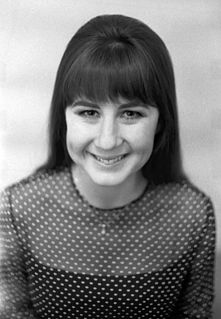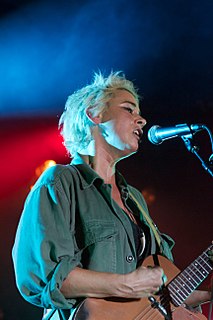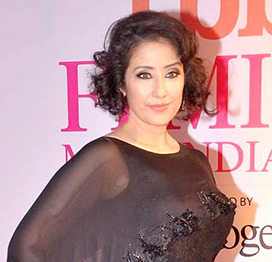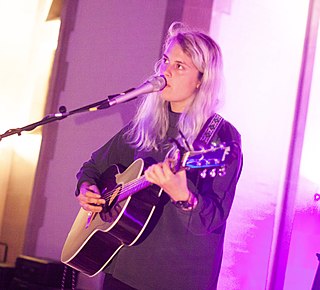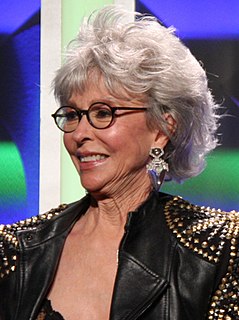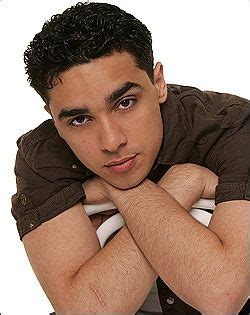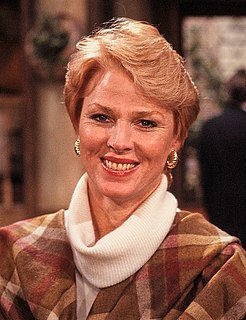A Quote by Judith Durham
When i was younger I was much more self focussed. I was worried about my self-image. I thought I was too fat. I was very critical of myself, and then I met and got to know and understand my husband. He helped me turn myself around. He had such a positive attitude towards life.
Related Quotes
I thank God that I became addicted to pain pills, because the process of going through rehab taught me more about myself than I had ever known. I wish I would have learned what I learned about myself I learned in rehab, going through life. You know, we're all raised to be loved. We care about what other people think of us, and sometimes to our detriment we let feedback and the opinions of others shape our own self-image. I was guilty of that, too. But in my professional life, I had mastered it. I didn't care what the critics said.
if I could tell my very-younger self something, I would tell him to let loose more often. I think it all roots in sexuality, but because of that, I became so worried about everything — worried about what people thought. I was afraid to be creative and charismatic and eccentric. Just to do things to do things, like dancing. I was afraid of looking too flamboyant or something. I would tell myself to stop being so stressed about what other people are thinking. Stop being so afraid that something may not come off the right way.
I’m more comfortable with myself than when I was younger. I hated myself then. Wait, I didn’t hate myself – that’s a strong word. But I was so diffident. I didn’t know how to act, for one. I had no confidence in that area or in myself at all, really. I had a big inner critic and still do. I just don’t listen to it so much.
After my second-to-last record called "The Greatest," I had gone on tour for a while and I didn't play an instrument for about five years. And I got kind of - it's not self-esteem or whatever, not anger towards myself - but disappointed in myself that I hadn't been challenging myself to learn musically.
I'm self-critical but also, I'm not a very modest person. I'm self-critical in the lead-up to showing anyone anything. You know how people say they write, like, 30 songs and then they'll pick the ones they're going to put on the record? I don't ever get to that point because I self-edit so harshly at the beginning. I would never let anyone hear something that I wasn't happy with. But then once I've made it, I'm also not going to turn around and go, "Oh, yeah, I don't know..." If I'm putting it out, anything creative that I do, I think that it's good, otherwise I wouldn't put it out.
For a while I felt like I spoke a different language than my immediate family. It wasn't until my teens that I met and got to know better members of my extended family (my cousin Alma in particular) that self- identified as artists. Something in us clicked together; in the way we thought, in the language we chose to use, in what we enjoyed. She helped me see and appreciate a lot both about myself and my loved ones.
I was uncomfortable because I had never been that nude before. I had never shown my legs, and never shown quite that much skin. I always played frigid doctors or the plain sisters who got the guy at the end. What did I know from ladies in caves who ate only meat? And when the outfit came in, I never thought of myself that way. I mean, I always thought of myself as having my father's chest. I was very self-conscious.
I think sometimes there are films where I understand what they are about, but there are also some mysterious areas in the film where I haven't got the whole image and I haven't got everything. And then it stays much longer with me, because I have to somehow put myself much more into the film to get it. And so this is what I'm trying to do with my films.
